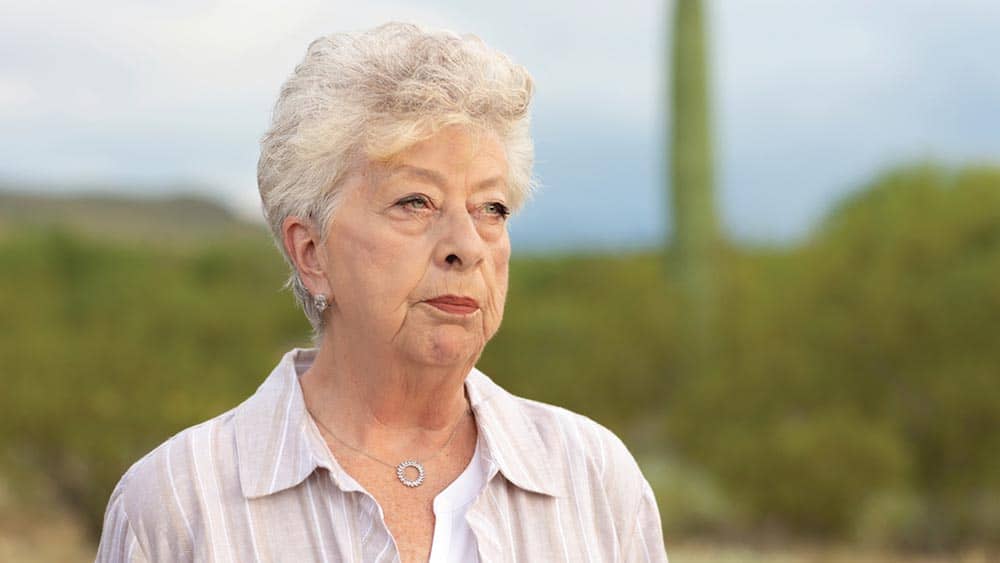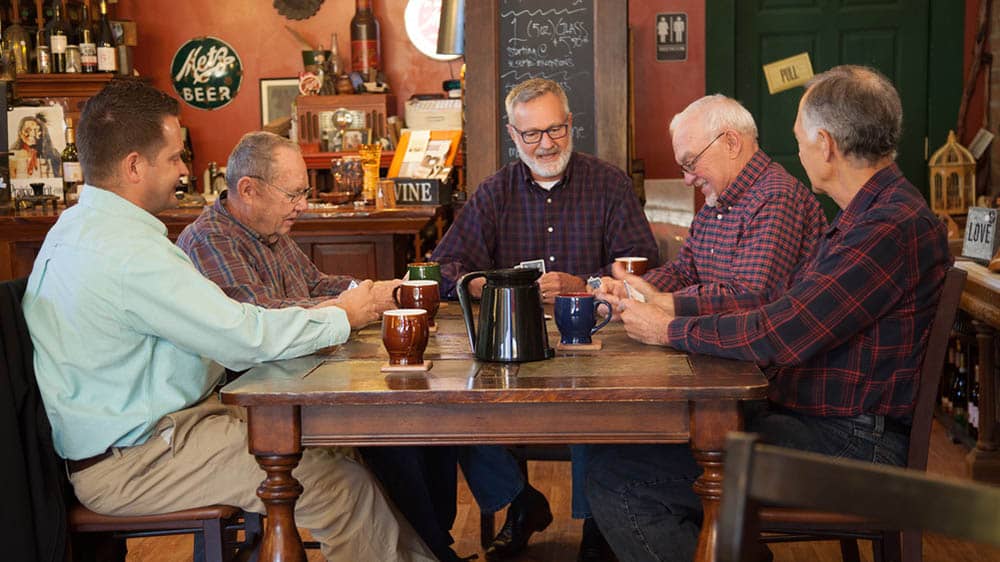

Easing Senior Isolation After the Winter Holidays
Helen, a vibrant 78-year-old who thrives in the hustle and bustle of the winter holiday season, hosts gatherings and participates in longstanding family traditions. Come January, the sudden silence of her home, now void of guests and decorations, can feel overwhelming. This abrupt shift from constant social interaction to minimal contact is one of the main reasons seniors feel lonely after the holidays.
Helen’s situation is, sadly, very common. The winter holidays bring a flurry of activity and companionship that can brighten seniors’ lives, whether they live alone or in a senior living community. But once the decorations are packed away and families return to their routines, a stark quiet can settle in, leaving many seniors feeling isolated. The contrast can be jarring.
Why Post-Holiday Loneliness Occurs
Social interaction drops off: During the holidays, older adults often experience an increase in social contact—visits from family and friends, holiday parties, and community events. Once the festivities end, the sudden drop in social interaction can feel particularly stark, leading to feelings of loneliness and isolation.
Seasonal affective disorder (SAD): The winter months bring shorter days and longer nights, which—especially where winters are cold—can lead to seasonal affective disorder or winter blues, exacerbating feelings of loneliness and sadness.
Physical challenges: Cold weather can also limit an older adult’s mobility, making it difficult for them to leave home and engage with others.
Reflection and remembrance: The holidays can also be a time of reflection, where older adults may reminisce about past holidays and loved ones or friends who are no longer present. Even during the holidays, these memories can contribute to feelings of loneliness.
Coping Strategies for Seniors
Compare Helen’s story to that of David, a retired teacher who lives in a senior community. His family lives across the country, and visits are infrequent. Although he sometimes does not see his family during the winter holidays, David has found new sources of purpose and community throughout the year. He volunteers at the local library and participates in the community garden, activities that keep him connected and engaged all year long.
For older adults, maintaining a regular schedule of social contacts like that can be incredibly beneficial. Engaging in regular activities, even simple ones like joining a book club, attending a craft workshop, or simply having a scheduled weekly phone call with family, can make a big difference. Here are more tips:
- Use technology. Technology can help bridge the gap, especially for family members who live far away. Video calls, social media, and even online games can provide interactive ways to stay connected.
- Schedule regular activities. Many senior centers and communities offer regular programming. If you have hobbies that you typically do independently, like reading, crafts, or gardening, consider inviting a friend to enjoy them with you.
- Look for volunteer work. Volunteering can be an excellent way for seniors to feel connected and purposeful, which are key to combating loneliness. Start with your personal knowledge or interests—for example, avid readers could consider volunteering at a local library.
- Consider getting professional help for mental health. Be honest with yourself about your mental health. You could start by asking your primary health care provider for advice or a referral. Unchecked loneliness and isolation can ultimately affect your physical health and well-being.
How Family and Friends Can Help Older Adults
- Make regular visits or stay in touch. Make a concerted effort to visit or communicate regularly with the senior in your life. Something as simple as a daily text or phone call can make a big difference.
- Plan post-holiday visits. Consider scheduling a visit in January or February, which can give your older loved one something to anticipate after the holidays wind down.
- Involve them in planning. Encourage your older loved one to help plan that post-holiday visit or other gatherings or events. Planning can help fill their hours and get them talking with you or others.
- Watch for signs of depression. Signs of depression or severe loneliness could include changes in appetite, sleep, or general disinterest in life. Early intervention is key in managing these issues.
- Talk to your older loved one about in-home caregivers. Right at Home offers companion care, in which our caregivers provide important social interaction while also helping with tasks at home or elsewhere.
Understanding the reasons behind post-holiday loneliness and taking proactive steps to counteract it can help ensure that seniors feel connected, valued, and cared for all year round. By weaving a safety net of family, friends, activities, and professional support, we can help diminish the quiet that comes after the festive season and foster a year full of meaningful connections.
How Right at Home Can Help
Right at Home offers a wide range of homemaking/companion care services that can help keep seniors safe and engaged with a renewed quality of life. Our screened and trained professional caregivers can provide services ranging from nutritious meal preparation and light housekeeping to help with hygiene and dressing. Use our office locator to find the nearest office and ask about a FREE in-home consultation.
Interested in receiving ongoing tips, information, and advice about caring for your aging loved one? Sign up for our monthly e-newsletter.







